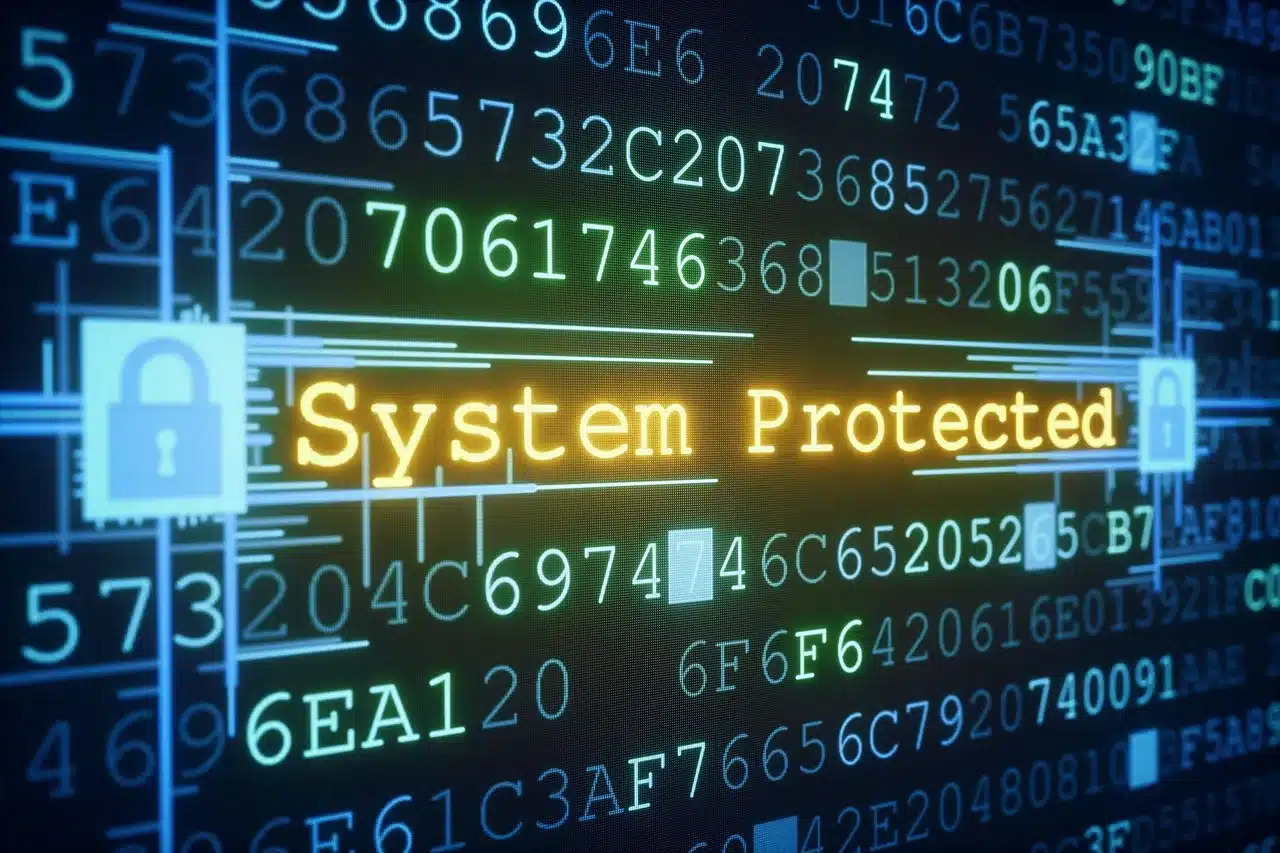
In an era where cyber threats are increasingly sophisticated, government contractors face unique challenges in maintaining the integrity of sensitive data and ensuring compliance with stringent federal regulations. From supply chain vulnerabilities to targeted attacks, the landscape for cyber threats has never been more complex. For government contractors, cybersecurity is not merely a technical issue; it’s a cornerstone of operational resilience and contractual obligation.
Government contractors operate in an environment where their systems and data are high-value targets. Cyber adversaries, including nation-state actors, often see contractors as a softer entry point into critical government systems. Threats range from phishing schemes and ransomware to more advanced persistent threats (APTs) designed to exfiltrate sensitive information over time.
The reliance on digital infrastructure has also introduced vulnerabilities within supply chains. Contractors often rely on a network of subcontractors, vendors, and third-party tools, each of which can introduce risks. A single weak link in this chain can result in significant breaches, affecting not only the contractor but also the agencies they serve.
Government contractors must navigate an array of cybersecurity requirements, including compliance with frameworks like the National Institute of Standards and Technology (NIST) 800-171, the Cybersecurity Maturity Model Certification (CMMC), and various agency-specific guidelines. Non-compliance can lead to penalties, loss of contracts, or exclusion from future bidding opportunities.
For example, the Department of Defense (DoD) now mandates CMMC compliance for contractors, requiring them to demonstrate robust cybersecurity practices before being awarded contracts. These standards emphasize access controls, risk assessments, incident response plans, and the protection of Controlled Unclassified Information (CUI).
Navigating the complexities of cybersecurity as a government contractor requires not just technical solutions but also a deep understanding of federal compliance requirements and evolving threat landscapes. This is where expert guidance becomes invaluable.
At Ghostwerks, we specialize in delivering tailored cybersecurity solutions for government contractors. As a veteran-owned business certified by the U.S. Small Business Administration, we combine technical expertise with a nuanced understanding of the challenges unique to this sector. By aligning with experienced partners, government contractors can bolster their cybersecurity posture, achieve compliance, and protect the missions they support. Whether it’s mitigating risks in the supply chain or preparing for CMMC audits, the right approach to cybersecurity is not just about defense—it’s about ensuring operational success in a high-stakes environment.
Cybersecurity is no longer optional for government contractors. With the stakes higher than ever, understanding and implementing robust security measures is essential to safeguarding sensitive information, maintaining compliance, and preserving the trust of government clients. By prioritizing cybersecurity, contractors not only protect their operations but also reinforce their position as trusted partners in critical government missions.

©2025 Ghostwerks. All rights reserved. Privacy Policy. Terms of Use.